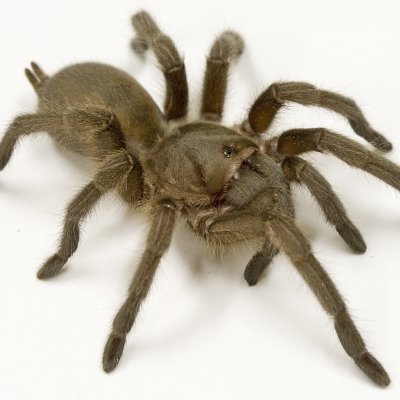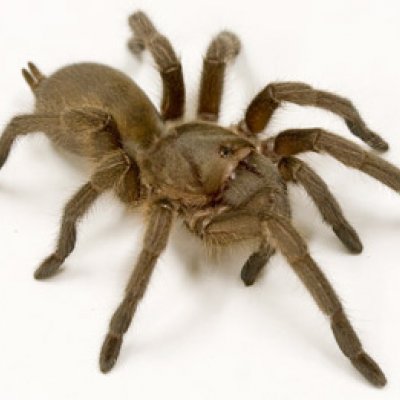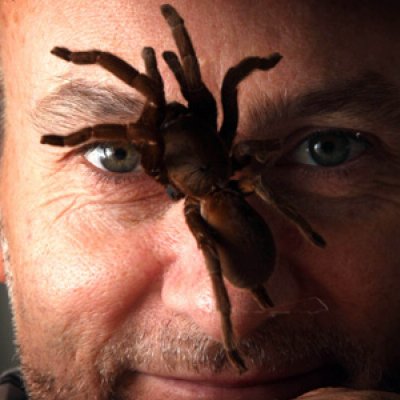A potentially life-saving treatment containing venom from one of the world’s deadliest spiders is one step closer to human trials, thanks to a $23 million investment in a Brisbane startup.
4 July 2022A small protein that could protect the brain from stroke-induced injury has been discovered by researchers from The University of Queensland and Monash University.
21 March 2017University of Queensland researchers have found seven peptides (mini-proteins) in spider venom that block the molecular pathway responsible for sending pain signals from nerves to the brain.
4 March 2015University of Queensland (UQ) researchers have found a natural component of Australian tarantula venom that is more potent against certain insect pests than existing chemical insecticides.
11 September 2013The University of Queensland’s Institute for Molecular Bioscience (IMB) has been awarded $4 million in funding from the Australian Research Council (ARC), including $325,000 for a project that will use spider venom and fungi to stop insects from...
9 November 2012Queensland scientists have developed a world-first database that catalogues the venom components from hundreds of spiders.
20 November 2009The Institute for Molecular Bioscience has been awarded almost $17 million from the National Health and Medical Research Council for fellowships and projects including regenerating wounded skin, and fighting golden staph.
26 September 2007UQ has increased its share of national medical research funding by 10 percent, receiving more than $44.6 million under the latest round of National Health and Medical Research (NHMRC) grants.
25 September 2007A researcher who has spent most of the past decade working in the U.S. has returned to Australia to continue working on environmentally-friendly insect control methods based on spider venom compounds.
1 March 2007More than 630 school students converged on The University of Queensland on Sunday, September 12 for the 2004 Commonwealth Bank Opti-MINDS Challenge.
14 September 2004


